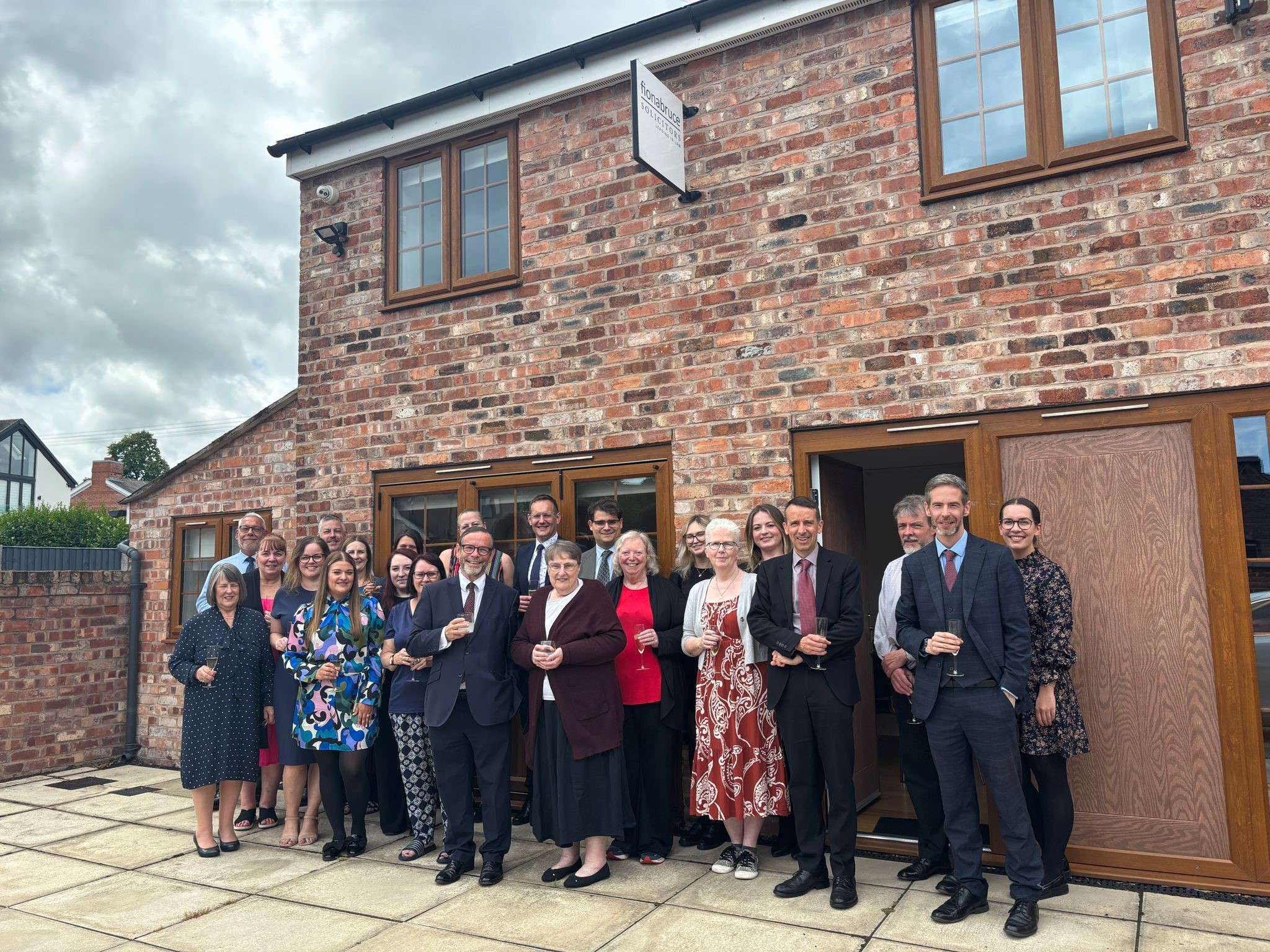According to the independent law review body, dealing with digital assets like cryptocurrencies and non-fungible tokens in English law may need the creation of a new unique category of personal property.
The Law Commission of England and Wales presents a tentative suggestion that the law should clearly recognise a category of legal objects in addition to “things in possession” and “things in action” in a much-anticipated consultation paper.
The Law Commission of England and Wales presents a tentative suggestion that the law should clearly recognise a category of legal objects in addition to “things in possession” and “things in action” in a much-anticipated consultation paper.
The document also advises that “in suitable instances,” courts be given the power to grant solutions valued in crypto-tokens rather than money.
Overall the commission’s 545-page paper argues that the law of England and Wales is primarily “sufficiently resilient, flexible, and iterative” to handle the crypto economy, in line with past expert judgement, including that of the master of the rolls.
Reform should “focus on building the correct legal foundations to enable these emerging technologies, rather than rushing to impose institutions that could hinder their development,” according to Professor Sarah Green, law commissioner for commercial and common law, who introduced the paper.
The commission notes a legal gap regarding digital assets, however: because they are intangible pieces of information, they run the risk of not being regarded as “property” under private property law.
However, rivalry can also exist in cryptographic products; for example, only one individual at a time can use a blockchain-secured unit of currency. It believes that by designating such assets as “data objects,” the property law governing them might be made clearer. Both judicial decisions and governmental involvement could be used to accomplish this incrementally.
Following a request from the government, the review was conducted as part of efforts to position England and Wales as a major global hub for digital assets, particularly for crypto-tokens and crypto-token systems.
“Our suggestions aim to create a solid legal framework that gives better consistency and protection for users and creates an atmosphere that can be capable of encouraging further technological innovation,” said Green.
The proposal’s consultation period ends on November 4th.
The contents of this article do not constitute legal advice and are provided for general information purposes only.
The contents of this post do not constitute legal advice and are provided for general information purposes only ■











